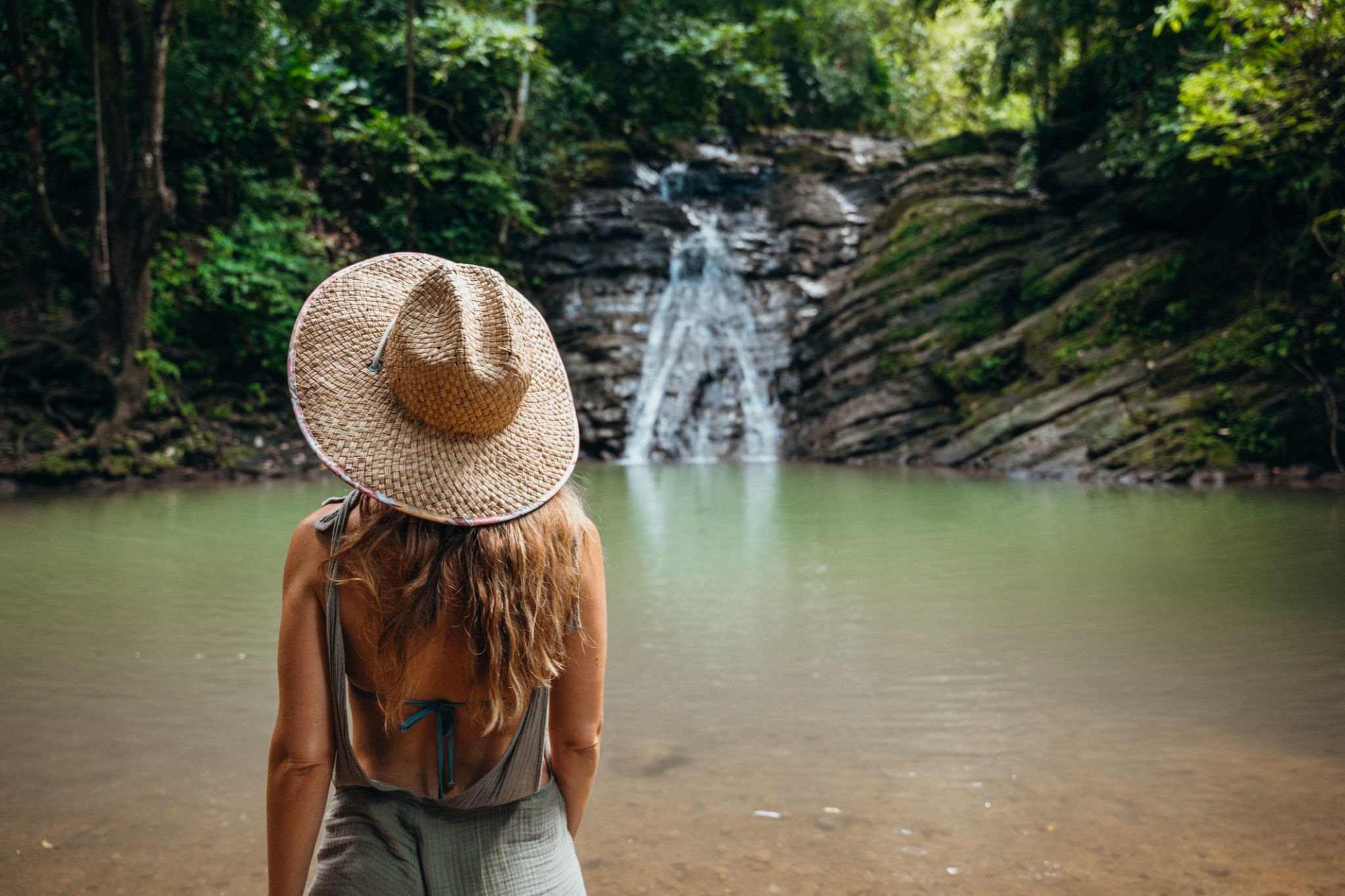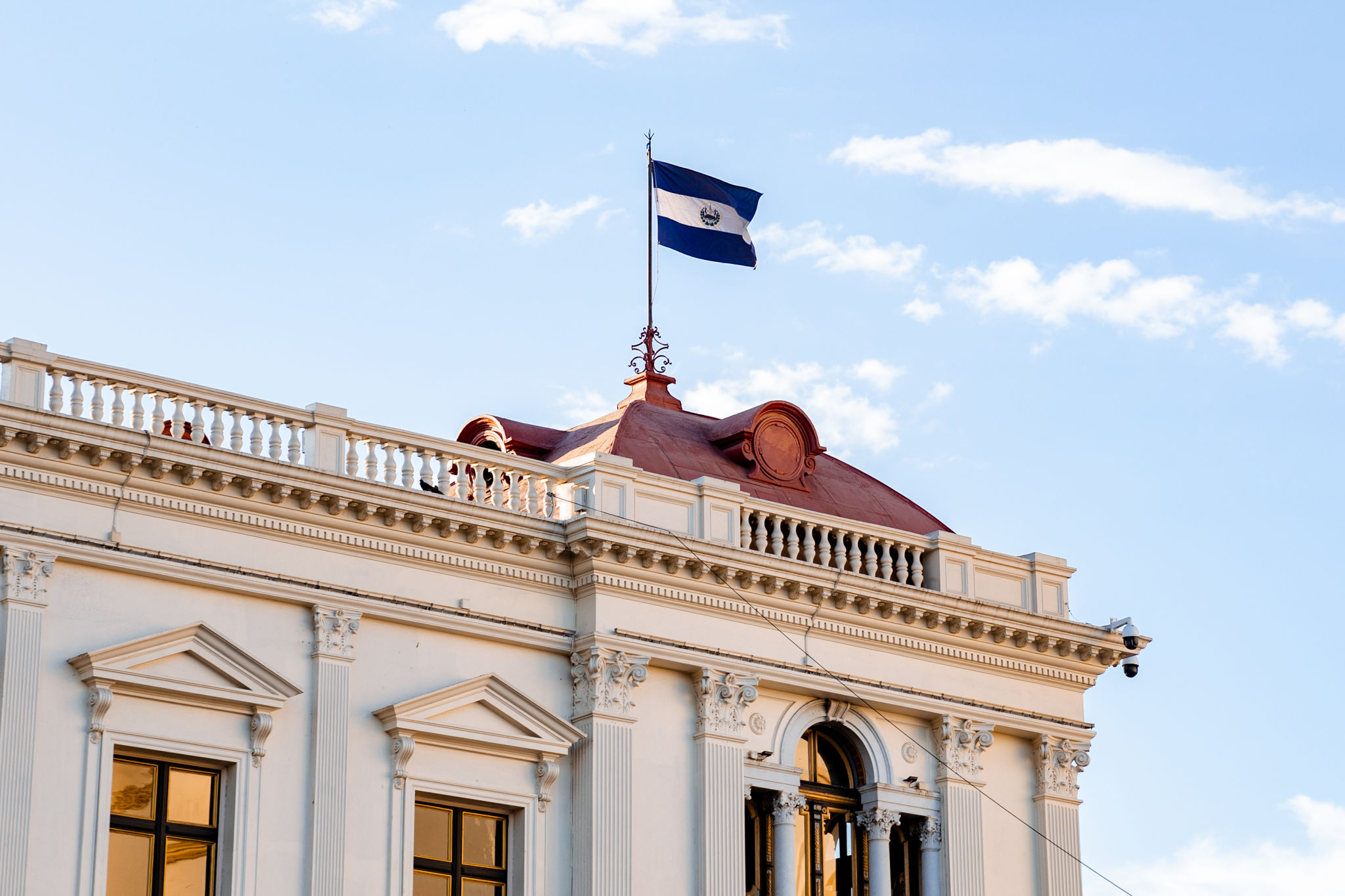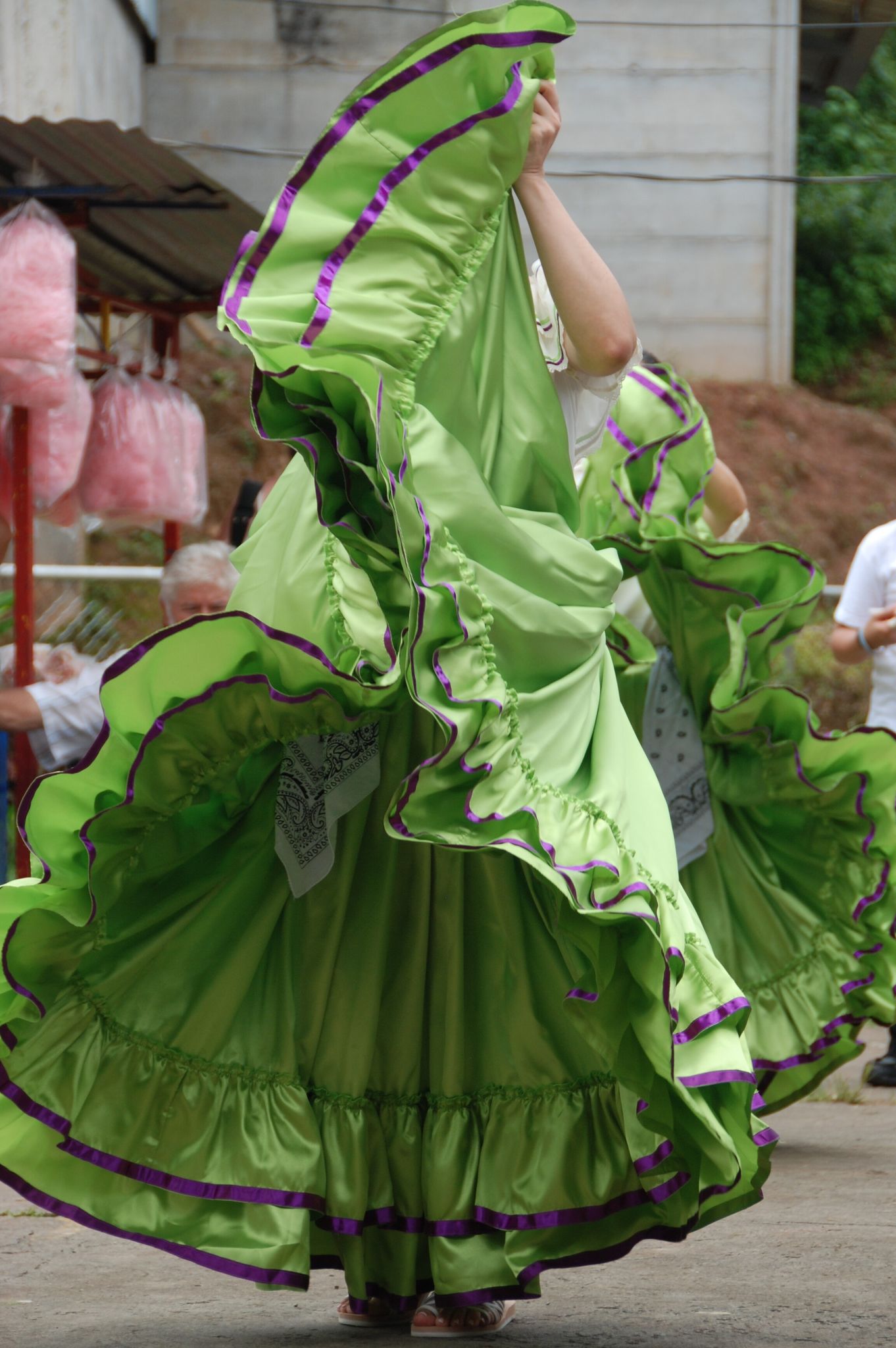Top Cultural Experiences in Costa Rica: Discover History and Heritage
Exploring the Rich Culture of Costa Rica
Costa Rica, a vibrant nation nestled in Central America, offers a wealth of cultural experiences that reflect its rich history and diverse heritage. From pre-Columbian artifacts to colonial architecture and vibrant festivals, Costa Rica provides a captivating journey through time and tradition. This guide highlights the top cultural experiences you should not miss during your visit.

Pre-Columbian Heritage
One of the most intriguing aspects of Costa Rica's culture is its pre-Columbian heritage. The country is home to numerous archaeological sites that offer a glimpse into ancient civilizations. The Guayabo National Monument, for example, is one of the largest and most significant archaeological sites in Costa Rica, showcasing the remnants of an ancient city that dates back over 3,000 years.
In addition to Guayabo, the Stone Spheres of Diquís are another fascinating relic from the pre-Columbian era. These mysterious spheres, some weighing up to 15 tons, are believed to have been created by the Diquís culture between 300 and 1500 AD. Their purpose and significance remain a mystery, making them an intriguing subject for history enthusiasts.
Colonial Influence and Architecture
The Spanish colonial influence is evident in Costa Rica's architecture, particularly in the charming city of Cartago. As the former capital of Costa Rica, Cartago boasts several well-preserved colonial buildings and churches. The Basilica de Nuestra Señora de los Ángeles, a stunning example of colonial architecture, is a major pilgrimage site and a must-visit for those interested in religious history and architecture.

Another city rich in colonial history is Heredia, known as "The City of Flowers." Here, visitors can explore the historic Heredia Central Market and admire the beautiful colonial-era buildings that line its streets.
Festivals and Traditions
Costa Rica's cultural calendar is filled with vibrant festivals that celebrate its rich traditions. The Festival de las Artes, held annually in San José, is the country's largest cultural event, featuring performances by local and international artists in music, dance, and theater. This festival provides an excellent opportunity to immerse yourself in Costa Rican creativity and talent.

Another highlight is the Día de los Muertos, or Day of the Dead, celebrated throughout Costa Rica with colorful altars, music, and traditional foods. Although it coincides with Halloween, this festival focuses on honoring deceased loved ones and celebrating life.
Local Cuisine and Markets
No cultural exploration is complete without indulging in local cuisine. Costa Rican food is a delightful blend of indigenous flavors influenced by Spanish culinary traditions. Be sure to try gallo pinto, a traditional breakfast dish made with rice and beans, often served with eggs and tortillas. Another must-try is casado, a hearty meal consisting of rice, beans, meat, salad, and plantains.
Visit local markets such as the San José Central Market to experience the vibrant atmosphere and sample fresh produce, spices, and handmade goods. These markets provide an authentic glimpse into daily life in Costa Rica and offer an opportunity to interact with locals.
The Indigenous Communities
Costa Rica is home to several indigenous communities that preserve their unique customs and languages. Visiting these communities offers a chance to learn from their rich traditions and gain a deeper understanding of Costa Rican heritage. The Boruca people are renowned for their intricate mask-making art, often showcased during the Fiesta de los Diablitos, a festival depicting historical battles between indigenous people and Spanish colonizers.

The Maleku community invites visitors to explore their cultural center, where you can learn about traditional crafts, rituals, and sustainable living practices.
Costa Rica's cultural experiences offer something for every traveler, from history buffs to festival-goers. By exploring these aspects of Costa Rican culture, you'll gain a deeper appreciation for the country's rich history and vibrant traditions.
